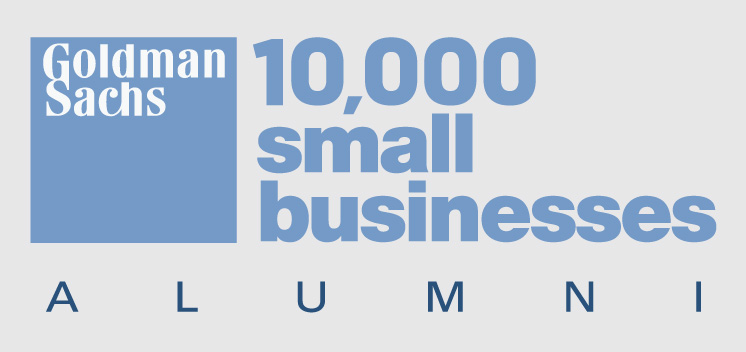New generation of entrepreneurs riding UK’s economic recovery

Professor Mark Hart, Aston Business School
27/02/2015
A NEW generation of entrepreneurs is emerging with Britain’s economic recovery and surging ahead of European counterparts, according to a new report unveiled today.
In 2014 one in five working age individuals in the UK were running their own business, were actively trying to start a business or intended to start a business within the next three years.
The Global Entrepreneurship Monitor (GEM) UK 2014 report, written by a team of entrepreneurship researchers from Aston and Strathclyde Business Schools, compares entrepreneurial activity, attitudes and aspirations in the UK, France, Germany and the US, reveals that the UK has pulled ahead of France and Germany in the entrepreneurship stakes.
Figures show that the total early-stage entrepreneurial activity (TEA) rate now stands at 8.6 per cent in the UK in 2014, a significant increase in the 2013 figure of 7.3 per cent. This compares with 5 per cent in France and Germany where the TEA rate has not changed since 2011.
Professor Jonathan Levie, of the Hunter Centre for Entrepreneurship at Strathclyde Business School, said: “Compared with the early 2000s, the UK now looks very different from other EU countries such as France and Germany in terms of early-stage entrepreneurship. For the last four years it has significantly outperformed both of these countries in the number of early-stage entrepreneurs.”
This growth in early-stage entrepreneurial activity in the UK is mainly because more men, especially those aged between 50 and 64 years old, are taking the first steps to running their own business.
Professor Levie added: “While this means that the ‘gender gap’ in early-stage entrepreneurship has risen this year, this is not due to any fall in the proportion of women starting their own business and a longer term view reveals that the TEA rate of 5.7 per cent for women in 2014 has almost doubled in ten years .”
The report identifies that the percentage of non-entrepreneurs of working-age in the UK who agreed there were good opportunities for starting a business in their local area in the next six months has now risen to 37 per cent in 2014. This marks a return to pre-recession levels of 2007 and suggests a growing sense of optimism among the wider population for business start-up.
The Global Entrepreneurship Monitor (GEM) UK 2014 Report also reveals that a record number of people aged between 50 and 64 years are now starting their own business, with a highest ever recorded TEA rate of 7.1 per cent.
The GEM UK analysis has revealed the number of early-stage entrepreneurs aged between 50 and 64 years has grown steadily since the onset of the recession in 2008.
Professor Mark Hart, of Aston Business School, said: “This age group has historically had a TEA rate significantly lower than for those in the younger age groups but the recent recession seems to have changed that long-term trend. This is particularly the case for men and one possible interpretation is that older men find it difficult to get back into the labour market after the recession and some are now looking to start their own businesses as a result.”
A look at the sub-national picture of TEA rates in 2014 showed that the rate for Scotland at 5.4 per cent was significantly lower than the rate for England (9.1%). The rates for Wales and Northern Ireland were 7.1 per cent and 6.7 per cent.
Total early-stage entrepreneurial activity (TEA) is defined in the GEM UK report as a combination of nascent entrepreneurs – individuals who are committing resources, such as time or money, to starting a business – and new business owner-managers, whose business has been paying income, such as salaries or drawings, for more than three, but not more than forty-two, months.
Professor Mark Hart will be presenting the GEM UK analysis on 3 March at the BIS Small Business Research Conference 2015: Unlocking Greater Growth. At this event, BIS will also be presenting the latest findings from its Small Business Survey. This reveals confidence amongst existing small and medium-sized businesses is growing as more are achieving profits and many expect larger turnovers and workforces in the next 12 months.
ENDS
A full copy of the GEM UK 2014 Monitoring Report will be uploaded at www.aston.ac.uk/gem



